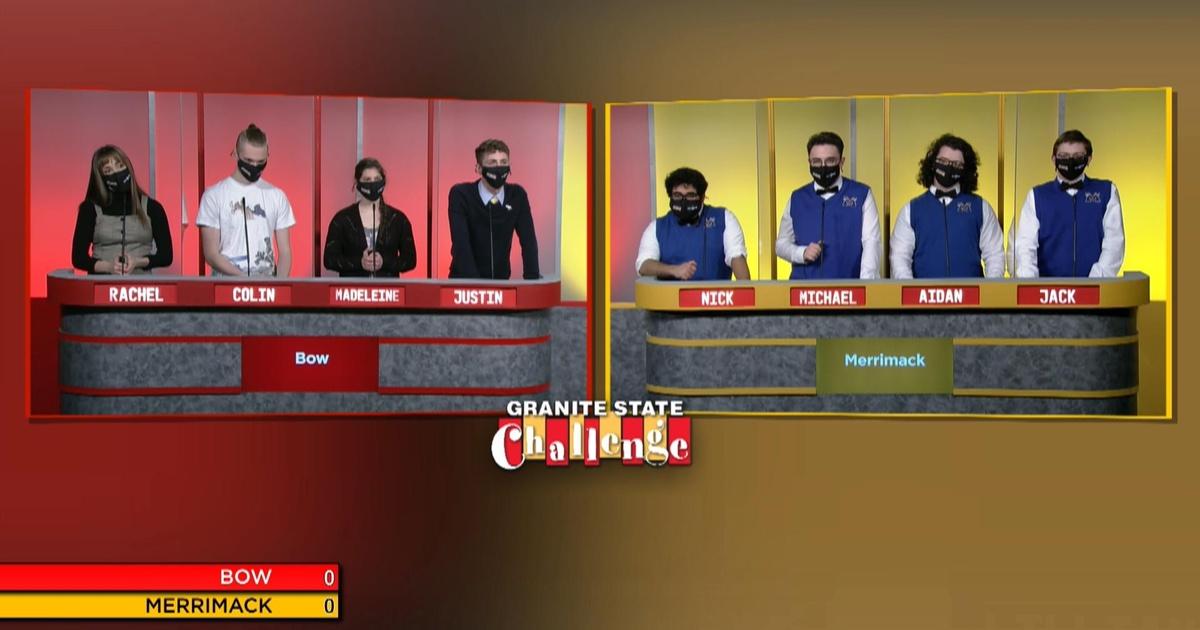
- Select a language for the TTS:
- UK English Female
- UK English Male
- US English Female
- US English Male
- Australian Female
- Australian Male
- Language selected: (auto detect) - EN
Play all audios:
If you want to skip to the end of the impeachment of Donald Trump, he’s almost certainly going to get impeached by the House on a near-party-line vote, followed by an almost certain
near-party-line vote in the Senate to remove him from office that falls short of the Constitutionally-required two-thirds of the chamber. Some time in late winter or early spring 2020,
Democratic senators will insist this proves Trump deserved to be thrown out of office but was only saved by partisan loyalty, Republicans will insist Trump’s errors didn’t warrant the
political equivalent of the death penalty, and everyone will refocus their attention on the real contest to determine if Trump continues as president – the 2020 election. Trump is likely to
interpret the vote falling short as another total exoneration and respond with some sort of ebullient strutting just short of twerking on the White House lawn. In an era less driven by
negative polarisation and the sense that no matter what, the other side must never be allowed to win, there would be a broad bipartisan consensus that the president of the United States
demonstrated egregious judgment that warrants tough consequences. A president should not pressure a foreign government to begin an investigation of one of his potential political rivals, and
he cannot refuse to transfer military aid that has been authorised and appropriated by Congress. (Actually, the president has a legal mechanism to do that, the Impoundment Control Act, but
Trump didn’t use that here. If he had, Congress could have and likely would have overruled his decision with a simple majority vote.) Trump’s first defence upon the revelation of his
conversations with President Volodymyr Zelensky of Ukraine was to insist that there was no quid pro quo. He indeed wanted an investigation of Joe Biden, his son Hunter Biden, and Hunter’s
suspiciously lucrative position on the board of a powerful Ukrainian gas company, but he never meant for the Ukrainians to think the aid transfer or other US beneficence was dependent upon
their decision to investigate the Bidens. This was never a plausible defence; during the readout of their call, as soon as Zelensky mentioned the Ukrainian desire for US-produced Javelin
missiles, Trump responded, “I want you to do me a favor…” This week, Gordon Sondland, a wealthy hotelier who became US Ambassador to the European Union, testified before the House
Intelligence Committee and blew up the White House counter-narrative as if he had fired one of those Javelin missiles himself. “Was there a quid pro quo? As I testified previously, with
regard to the requested White House call and White House meeting, the answer is yes… Everyone was in the loop. It was no secret… We followed the president’s orders.” This past week of
hearings went about as badly for the White House as possible. Republicans haven’t been able to defend the president’s actions directly, so they’ve tried to prove he sought a legitimate goal
in a clumsy manner. Hunter Biden’s gig on Burisma Holdings indeed stinks to high heaven. He had no qualifications or previous work in the industry, and the company’s desire to have a
powerful friend in Washington is obvious. Even other Obama administration officials were uncomfortable with the glaring conflict of interest, as Vice President Biden was the administration’s
point man in dealing with Ukraine. Joe Biden insists he and his son did nothing wrong, and that he and his son never talked about Burisma. If someone could prove Joe Biden altered US policy
towards Ukraine in a direction that was designed to benefit Burisma, suddenly Trump’s interest would appear much more legitimate. As far as anyone can determine so far, Biden’s pressure on
Ukraine to fire state prosecutor Viktor Shokin appears to be out of genuine belief that Shokin was corrupt and falling down on the job. (In the view of the US State Department, his
replacement, Yuriy Vitaliyovych Lutsenk, was a similar disappointment.) But even then, the US government has a whole Department of Justice to investigate whether Hunter Biden’s lucrative gig
was a backdoor bribe to the vice president. There’s no real justification for Trump’s desire to have the investigation and negotiations with the Ukrainian government directed by the
president’s lawyer, former New York City mayor Rudy Giuliani. Public opinion on impeachment is roughly evenly divided. According to the poll analysis site FiveThirtyEight.com, as of this
writing, 45.6 per cent of Americans support Trump’s removal from office — which by traditional measures is absolutely terrible. But 45.5 per cent oppose his removal. Very few Republican
senators will vote to remove a president of their own party when the country is roughly evenly divided. Keep in mind, Bill Clinton and Andrew Johnson were acquitted in their impeachment
trials and Richard Nixon resigned. (You could argue that in American politics, impeachment and removal of a sitting president is the equivalent of dropping an atomic bomb… except dropping
atom bombs is ahead, 2-0.) My understanding is that readers in the United Kingdom have spent three years growing painfully familiar with what happens when a country tries to make a hugely
consequential decision about its future while public opinion is closely divided. It’s an ugly moment in American politics, heading into yet another ugly presidential election year. Democrats
could and ought to acknowledge that Hunter Biden’s Burisma work represents exactly the kind of technically legal but shady-as-hell corruption that the general public loathes, and that Joe
Biden was willfully blind to a conflict of interest that everyone else saw. (It is also representative of Hunter Biden’s entire career.) It’s a reminder that Biden is another embodiment of
the clubby, hypocritical political establishment that Trump ran against and defeated in 2016. Republicans could and ought to acknowledge that Trump treated the Ukrainian government like he
was hiring a political opposition research firm; he has yet to demonstrate that he can differentiate between the national interest and his personal and political interests in any given
moment. (Also note that for a long time, the strongest counterargument to the claim Trump was some sort of Russian pawn was, “what kind of Russian pawn would send military aid to Ukraine?”
Now we know Trump was never that enthusiastic about this policy.) If there’s any silver lining to it all, it’s that the ultimate verdict on Trump will come at the ballot box from the people
next year, which is probably how it should be. But otherwise, everything in American politics is a mess. It’s been a mess since Trump descended that elevator in Trump Tower on June 16, 2015.
And it’s going to remain a mess for a while.





